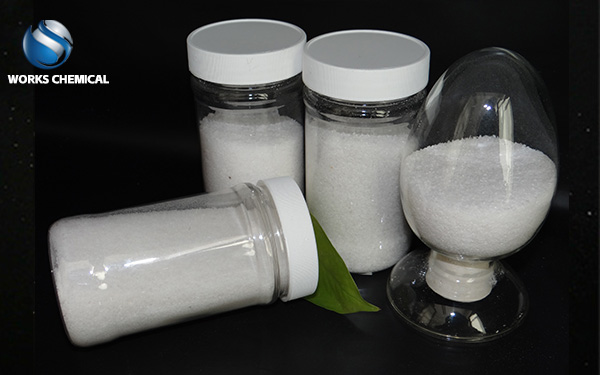
Sludge enhancers play a key role in reducing sludge moisture content. Through a series of chemical and physical effects, these synergists significantly improve the dewatering performance of the sludge, thereby reducing its water content.

First, the sludge enhancer can change the surface properties of the sludge particles, such as charge distribution and hydrophobicity. These changes make it easier to aggregate and precipitate between sludge particles, reducing the free water content in the sludge. At the same time, the synergist may also destroy the microbial cell structure in the sludge, releasing bound water within the cell, which is often difficult to remove during conventional dehydration.
Secondly, the sludge synergist can form a more stable bond with the water molecules in the sludge, thereby reducing the freedom of the water molecules. This mechanism of action helps to separate more water from the sludge during the dehydration process, reducing the water content of the sludge.In practical applications, sludge enhancers are usually used in combination with mechanical dewatering equipment (such as plate and frame filter presses, belt filter presses, etc.). Under the action of mechanical force, the sludge synergist is fully mixed with the sludge and plays a role, making the sludge particles more closely combined to form a sludge cake that is easier to dehydrate. This can not only improve the dehydration efficiency, but also shorten the dehydration cycle and reduce the treatment cost.
It is important to note that the effectiveness of different types of sludge enhancers in reducing sludge water content may vary. Therefore, in the selection of synergists, it is necessary to conduct tests and evaluations according to the specific properties and treatment requirements of the sludge to determine the best type and dosage of synergists.
In addition, the use of sludge enhancers also needs to follow certain operating procedures and safety standards to ensure the stability and safety of the treatment process. At the same time, for the treated sludge and synergist residues, it is also necessary to properly dispose and manage them to avoid secondary pollution to the environment.
In summary, sludge enhancers have significant effects in reducing the moisture content of sludge, and are important auxiliary materials in the sludge treatment process. Through rational use of synergists, the dewatering efficiency and treatment effect of sludge can be significantly improved, contributing to environmental protection and resource recovery.